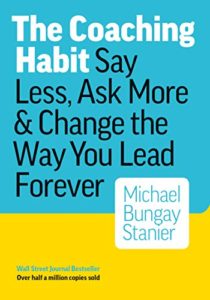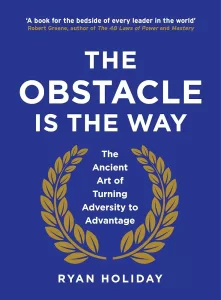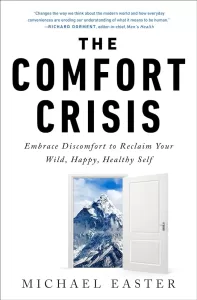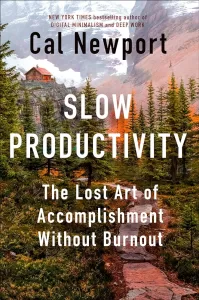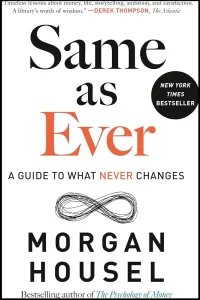Book Review: “The Coaching Habit”
Book: The Coaching Habit by Michael Bungay Stanier
Reviewer: Bobby Powers
My Thoughts: 10 of 10
This is one of the shortest, simplest, and most powerful books I've ever read. Stanier is regarded as one of the foremost leadership coaches in the world, and this book explains why. He offers practical tips about how to become a stronger leader through giving less advice and asking more questions.
What I Learned from the Book
Managers are implicitly taught that they must have all of the answers, but that simply is not true. The best leaders ask great questions to help their teams reach their own conclusions. By using specific, thoughtful, open-ended questions that don't presume a "right answer" or "wrong answer," leaders can help team members introspect and become more autonomous.
Selected Quotes and Ideas from the Book
Ask More Questions, Give Less Advice
- "The change of behavior at the heart of what this book is about is this: a little more asking people questions and a little less telling people what to do."
- "[T]he seemingly simple behavior change of giving a little less advice and asking a few more questions is surprisingly difficult."
- "What people think of as the moment of discovery is really the discovery of the question." -Jonas Salk
- "Answers are closed rooms; and questions are open doors that invite us in." -Nancy Willard
What Is Coaching?
- Effectively, coaching is helping others solve their own problems. When you're coaching someone, your job is to truly understand where the other person is coming from and ask open-ended questions to help them explore their situation from a new perspective. For more info about coaching, see here.
- "The essence of coaching lies in helping others and unlocking their potential."
- "Now, there's a time and a place for giving advice. The goal here isn't to avoid ever providing an answer. But it is to get better at having people find their own answers."
- "One of your roles as a manager and a leader is to have answers. We're just trying to slow down the rush to this role as your default behavior."
- "Building a coaching habit will help your team be more self-sufficient by increasing their autonomy and sense of mastery and by reducing your need to jump in, take over and become the bottleneck."
7 Essential Questions
Stanier provides seven questions that you can use to spur coaching conversations further and help people generate their own insights.
- The Kickstart Question: "What's on your mind?"
- "Because it's open, it invites people to get to the heart of the matter and share what's most important to them."
- The AWE Question: "And what else?"
- "[Y]ou do want to remember that the first answer someone gives you is almost never the only answer, and it's rarely the best answer."
- The Focus Question: "What's the real challenge here for you?"
- "Implied here is that there are a number of challenges to choose from, and you have to find the one that matters most. Phrased like this, the question will always slow people down and make them think more deeply."
- The Foundation Question: "What do you want?"
- "The illusion that both parties to the conversation know what the other party wants is pervasive, and it sets the stage for plenty of frustrating exchanges."
- The Lazy Question: "How can I help?"
- "First, you're forcing your colleague to make a direct and clear request...Second (and possibly even more valuably), it stops you from thinking that you know how best to help and leaping into action."
- The Strategic Question: "If you're saying YES to this, what are you saying NO to?"
- "The essence of strategy is choosing what not to do." -Michael Porter
- The Learning Question: "What was most useful for you?"
- "People don't really learn when you tell them something. They don't even really learn when they do something. They start learning, start creating new neural pathways, only when they have a chance to recall and reflect on what just happened."
Other Advice on Asking Great Questions
- "Ask one question at a time."
- "Cut the intro and ask the question...If you know what question to ask, get to the point and ask it. (And if you must have a lead-in phrase, try 'Out of curiosity.' It lessons the 'heaviness' of any question and makes it easier to ask and answer.)"
- "Stop offering up advice with a question mark attached. That doesn't count as asking a question."
- "Stick to questions starting with 'What' and avoid questions starting with 'Why.'
- "Get comfortable with silence...Silence is often a measure of success...Bite your tongue, and don't fill the silence. I know it will be uncomfortable, and I know it creates space for learning and insight."
Think you’d like this book?
Other books you may enjoy:
Humble Inquiry by Edgar Schein
Good Leaders Ask Great Questions by John Maxwell
Other notable books by the author:
The Advice Trap
Do More Great Work
